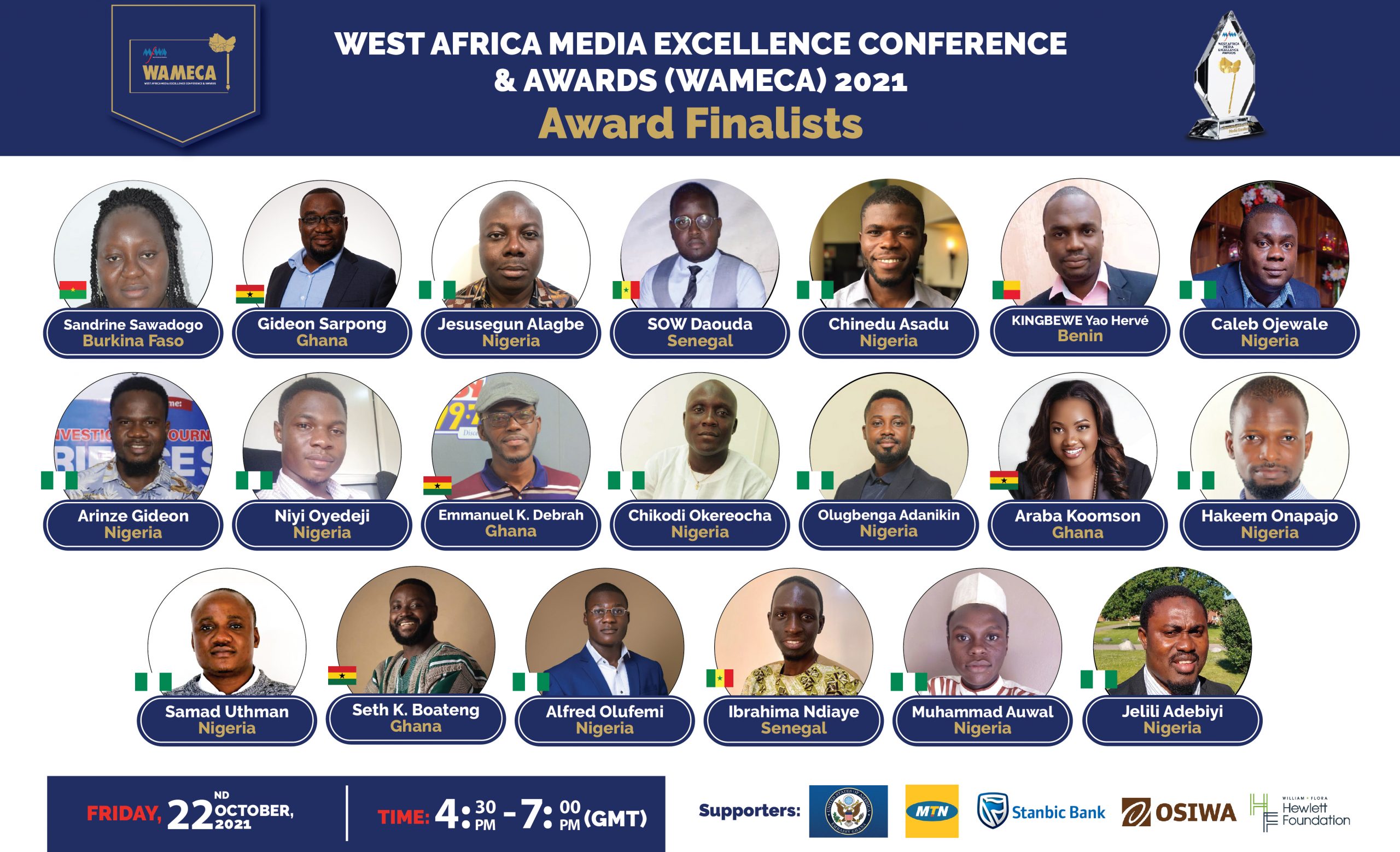The Media Foundation for West Africa has selected 10 journalists across Ghana for a three-month investigative journalism fellowship, where they will build their capacity on Illicit Financial Flows (IFFs), progressive taxation and domestic revenue mobilisation.
The sixth cohort is a dynamic reflection of journalism’s rapidly evolving modes of reporting and storytelling. The sixth cohort brings together newspaper journalists, a fact-checker, online reporters and editors, radio and television broadcasters and a photojournalist from various newsrooms across the country.
They cover politics, business, human rights, health, climate change, the environment, among other topics. In three months of capacity building at the MFWA, the fellows will examine IFFs; progressive taxation that leads to development; domestic revenue mobilisation; fact-checking; innovations in storytelling and solution journalism.
They will also write stories that demand accountability and highlight issues of development as a result of illicit financial flows and Ghana’s debt crisis.
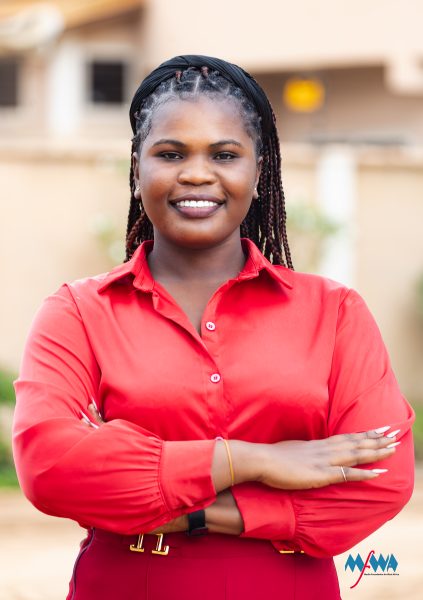
Winifred Lartey is a seasoned reporter at Asaase Radio and an alumna of University of Media Arts and Communications–Institute of Journalism, with over 5,000 stories to her name.
She is a broadcast journalist, a fact-checking consultant with DUBAWA Ghana and a Ghanaian correspondent with international media organisation, Agence France-Presse.
She has covered themes ranging from air and waste pollution and climate change to infrastructure woes. A passionate storyteller, she specialises in politics, current affairs, and environmental justice, consistently striving to deliver verified, impartial, and accurate information.
As a Next Generation Investigative Journalism Fellow, she aims to deepen her proficiency in fact checking, data journalism, and the Right to Information law.
Through this Fellowship, she intends to produce in depth investigative reports that expose illicit financial flows, environmental malpractice, and governance failures, empowering citizens and promoting accountability in Ghana and across West Africa.
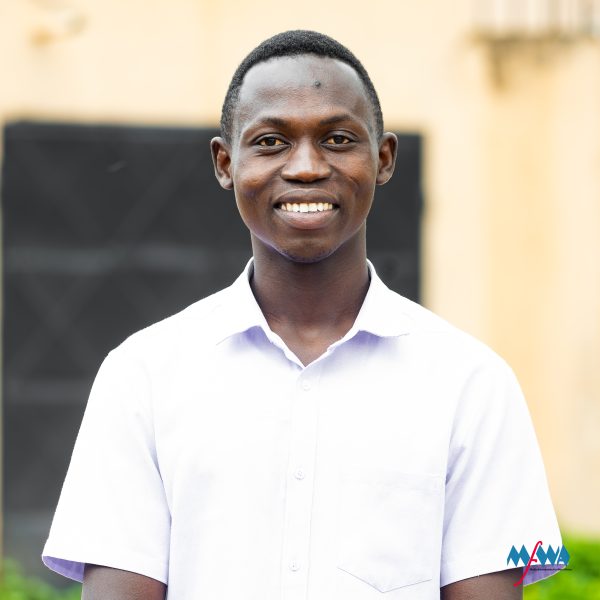
Isaac Azumah Abilla, a broadcast reporter with the EIB Network.
He is passionate about public interest journalism and is committed to using storytelling to expose gaps in governance and highlight issues that affect ordinary people.
Through the NGIJ Fellowship, he hopes to strengthen his investigative reporting skills, learn from experienced mentors, and produce impactful stories that drive accountability, especially in areas of tax misuse and local governance.
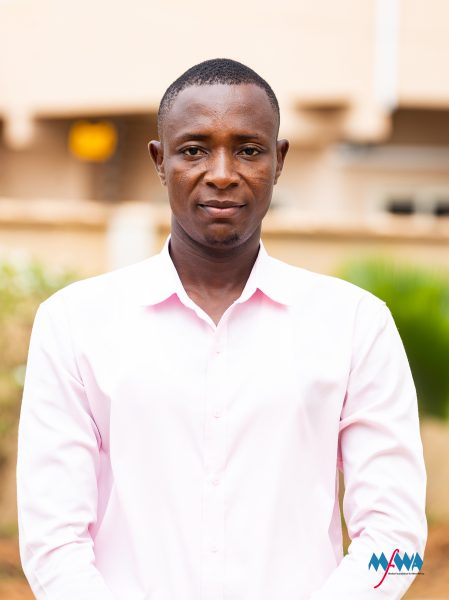
Job Kwabena Laboja is a results-driven multimedia journalist with a passion for impactful storytelling and investigative reporting.With experience producing and coordinating prime-time news bulletins at Bullet TV Ghana and a background at Media General’s TV3, he brings on board strong editorial leadership and a deep understanding of ethical journalism practices.
His professional interests lie in uncovering untold stories that contribute to transparency, accountability, and community development.
Through the MFWA’s Next Generation Investigative Journalism Fellowship, Job aims to sharpen his investigative skills, collaborate with experienced mentors, and produce compelling stories that hold power to account and spark social change.
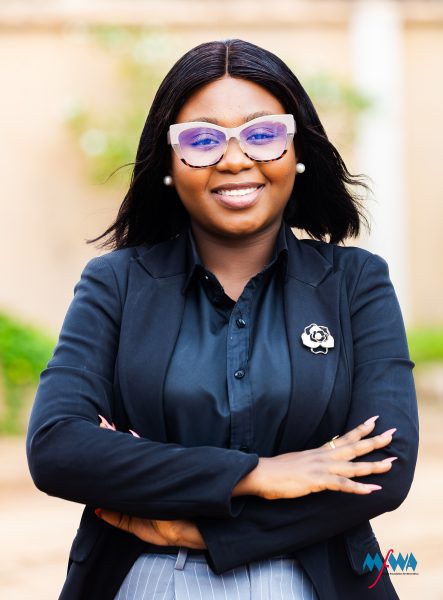
Juliet is passionate about using journalism as a tool for public interest advocacy and driving systemic change.
Through the NGIJ Fellowship, she aims to deepen her understanding of tax justice and illicit financial flows, and to produce impactful, evidence-based stories that promote transparency, accountability, and good governance.
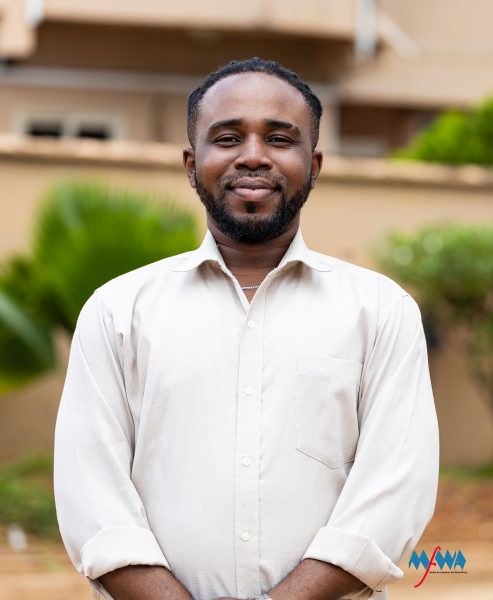
Prince Ato Kwamena Koomson is a freelance journalist based in Accra. He has worked with media houses such as Peace FM, TV Africa, and Modern Ghana, and currently runs Voices of Concern—a blog and YouTube channel dedicated to reporting on social issues affecting ordinary Ghanaians.
His professional interests lie in accountability journalism and public interest storytelling. Through the NGIJ Fellowship, Prince is looking to sharpen his investigative skills and produce stories that not only expose problems but also highlight the systemic issues that enable them.
He hopes to use this opportunity to contribute to fiscal justice and promote transparency in public resource management.
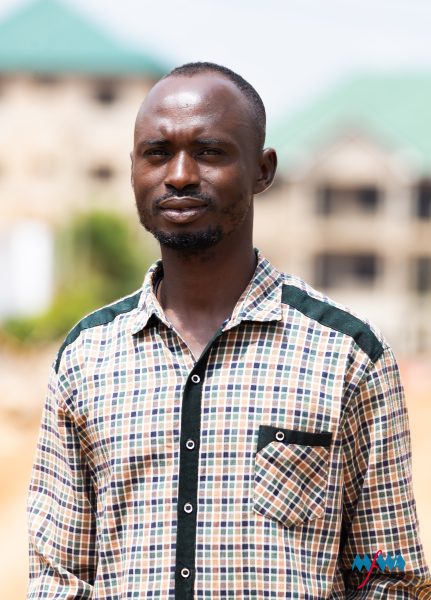
Ibrahim Seidu Abode is a journalist from the Upper East Region of Ghana.
A graduate of the University of Cape Coast (UCC) with relevant experience in broadcast journalism, his goal in journalism is to unearth and publish stories that positively impacts and shapes society.
He is optimistic about gaining in-depth knowledge on illicit financial flows from the Fellowship. He believes that through the Fellowship, he would be well equipped to deliver crucial stories on illicit financial flows.
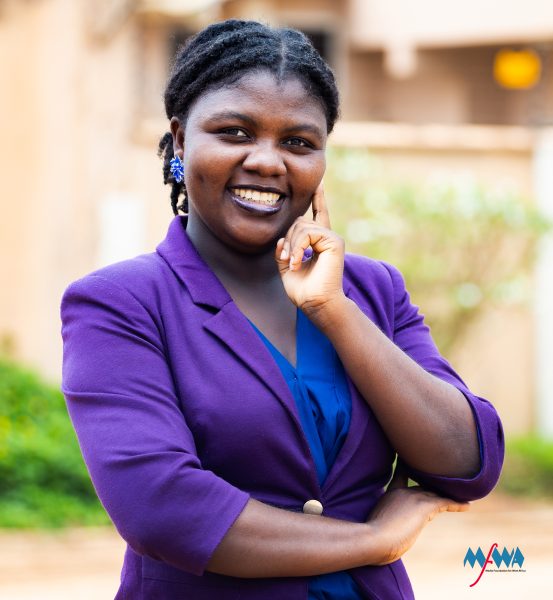
Prinsella Vera Aidoo is a passionate and dedicated journalist with a Bachelor of Arts degree in Communication Studies, with a specialisation in Journalism.
Her passion is driven by a strong commitment to truth, accuracy, and the ethical standards of the profession.
She has experience in print news reporting and human-interest stories with a focus on amplifying underrepresented voices and holding power to account.
Prinsella is particularly interested in issues around governance, social justice, and development. In the course of her practise, she has developed an interest in research related to IFFs.
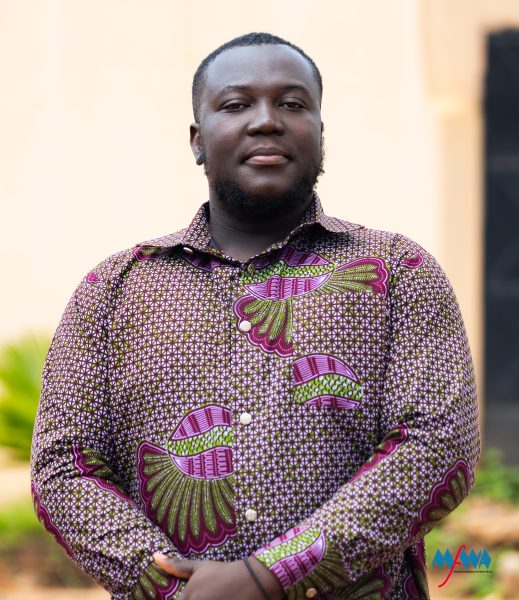 Mark Kwasi Ahumah Smith is a journalist and photojournalist based in the Upper East Region of Ghana.
Mark Kwasi Ahumah Smith is a journalist and photojournalist based in the Upper East Region of Ghana.
With a strong background in broadcast journalism and visual storytelling, he uses photography and video to highlight issues around governance, development, and underrepresented communities.
As a Fellow of the 6th cohort of the Fellowship, Mark aims to explore how illicit financial flows (IFFs) affect the extractive sector in his region.
Through the Fellowship, he hopes to build his capacity to follow the money and report more effectively on financial accountability in resource-rich communities.
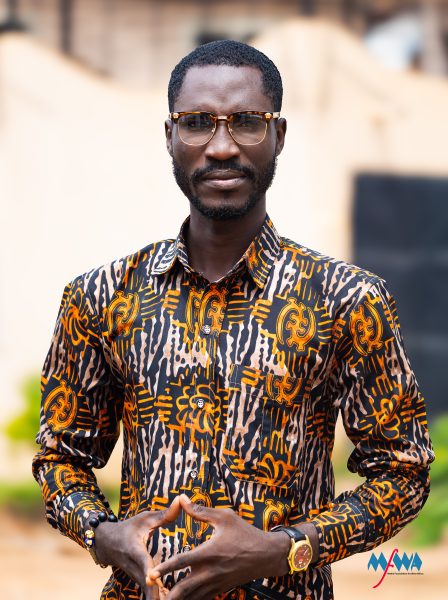
Bright Tetteh Terkpernor is a journalist with the Daily Dispatch and a columnist on myjoyonline.com and a newspaper review panelist on AIT TV.
As a young and passion-driven journalist, he is thrilled to be part of the 6th cohort for the NGI Fellowship. The Fellowship aligns with his passion to uncover truth and hold duty bearers accountable with the necessary requisite skills.
He loves fact-checking and he hopes to gain knowledge to combat the ills in the digital society and acquire investigative skills to explore illicit financial flows with lasting and compelling stories.
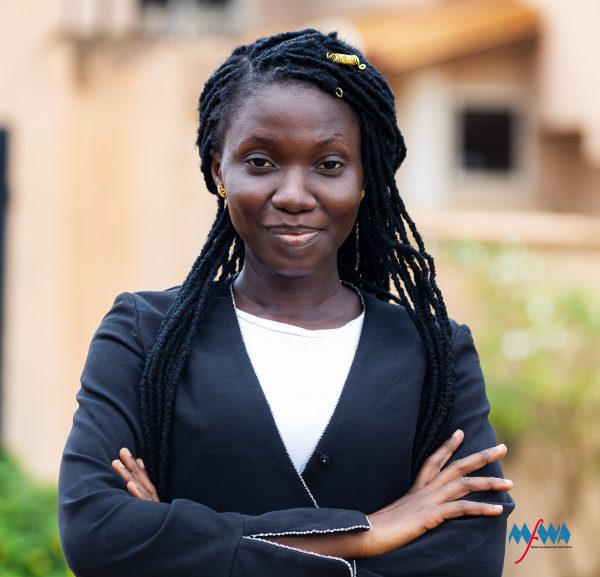 Esther Agyapong is a broadcast and online journalist with over four years’ experience in news anchoring, writing, and video editing.
Esther Agyapong is a broadcast and online journalist with over four years’ experience in news anchoring, writing, and video editing.
Her work spans health, gender and climate. Over the years she has seen the necessity of not just reporting the news but spurring solutions.
Now a freelance journalist, she believes in the power of storytelling for impact. By the end of this fellowship she seeks to understand the intricacies of investigative journalism, illicit financial flows and its impact on Ghana’s development.

The NGIJ Fellowship builds the capacity of journalists and other professionals who are passionate about accountability journalism, promotes innovation and elevates the standards of the profession.
In addition to the fellowship program, the MFWA publishes reports of the fellows on the websites of The Fourth Estate and Fact-Check Ghana, the investigative journalism and fact-checking projects of the Foundation.





